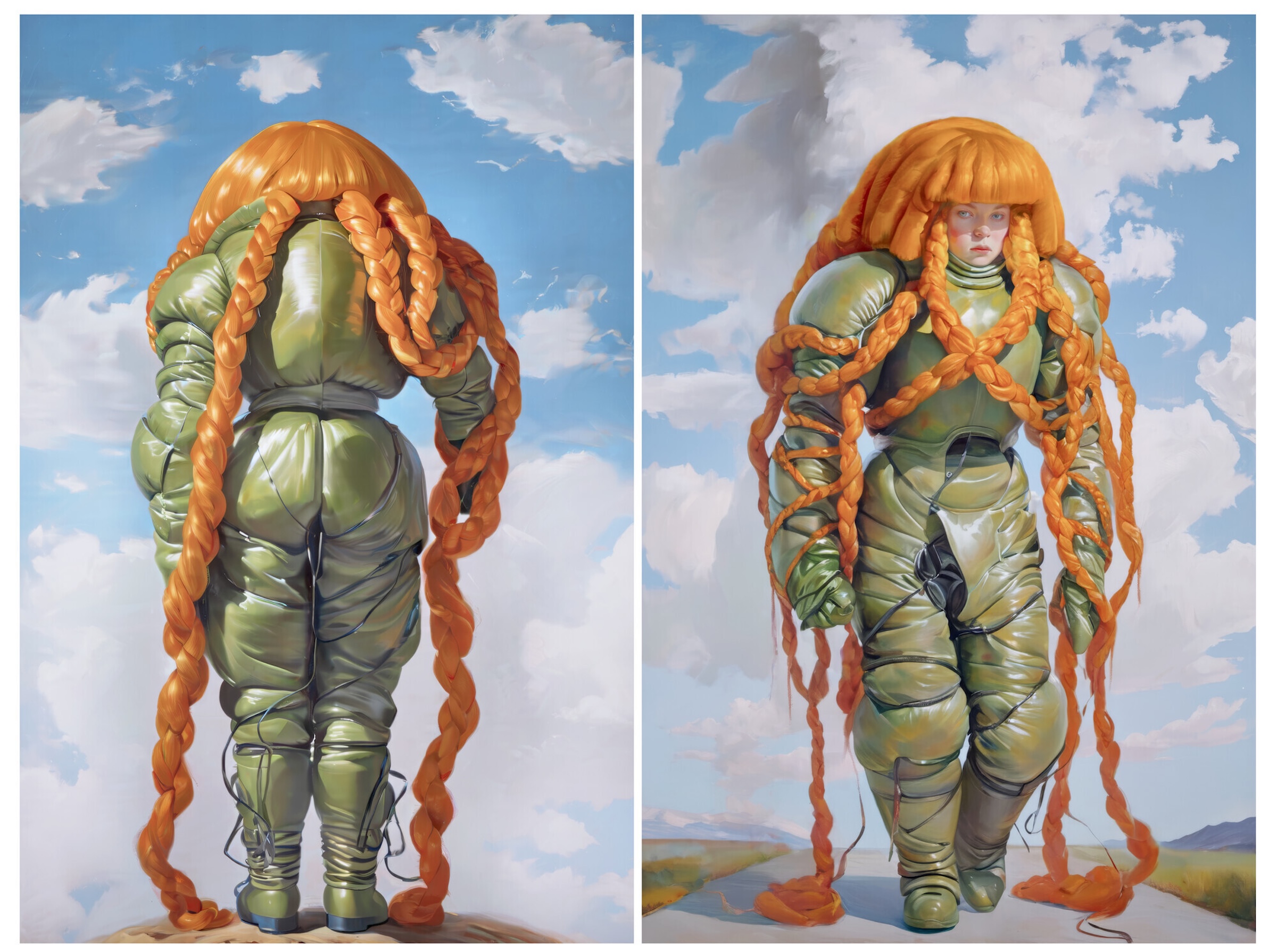Thousands of artists have signed an open letter calling on Christie’s to scrap an upcoming auction of art created using AI.
With more than 4,000 signatories since it was published on Saturday, February 8, the missive expressed deep concerns over the auction, titled “Augmented Intelligence,” which will be Christie’s first sale of art made with AI.
“Many of the artworks you plan to auction were created using AI models that are known to be trained on copyrighted work without a license,” reads the letter, addressed to Christie’s digital art sales organizers Nicole Sales Giles and Sebastian Sanchez.
“These models, and the companies behind them, exploit human artists, using their work without permission or payment to build commercial AI products that compete with them,” the letter continues, adding that the auction house’s support for AI and artists who use the technology “rewards and further incentivizes AI companies’ mass theft of human artists’ work.”
Slated to begin on February 20 and run through March 5, the auction sale will feature more than 20 works spanning various mediums by artists including Refik Anadol, Pindar Van Arman, AI collaborators Holly Herndon and Mat Dryhurst, OpenAI’s first Artist-in-Residence Alexander Reben, the late AARON software creator Harold Cohen, and anonymous AI collaborative artist Claire Silver. It will also present a selection of artists from chip manufacturer Nvidia’s AI Art Gallery. Price estimates for works range between $10,000 and $250,000.
Concept artist Reid Southen, who organized the letter, told Hyperallergic that he thinks the auction house is “doing a disservice to collectors and artists, as well as damaging their own reputation by running an auction where people can’t be certain if their purchase was built off of stolen work.”
“We think it’s reasonable to ask that the auction be halted until it can be guaranteed that everything is above board, and no one is making money off the backs of non-consenting artists via unethical models,” Southen added.
Among the petition signatories are Karla Ortiz and Kelly McKernan, who filed a class action lawsuit in 2023 against four AI companies for allegedly using their artwork to “train” text-to-image generative AI models without their consent.
On social media, the open letter has received mixed reactions, as some digital artists including Beeple, who sold an NFT at Christie’s for $69 million in 2021, and Jack Butcher have shown support for the artists included in the auction by making art in mockery of the open letter.
“The artists represented in this sale all have strong, existing multidisciplinary art practices, some recognized in leading museum collections,” a Christie’s spokesperson said, noting that the works included in the auction “are using artificial intelligence to enhance their bodies of work.”

Mat Dryhurst, who has been making art about AI and data for almost a decade with his spouse, Holly Herndon, told Hyperallergic that he feels the letter writers “[believe] AI models should be opt-in only and retrained from scratch, and that current AI models should be removed from the internet — policies that do not exist anywhere in the world. This simply will not happen, for better or worse.”
His work “Embedding Study 1 & 2 (from the xhairymutantx series)” (2024), which explores artistic agency and self-representation in the face of commercial AI models, was on view in last year’s Whitney Biennial and is included in the upcoming Christie’s auction.
“[The signatories’] opposition to our work stems from our efforts to find a practical resolution to a complex issue — in other words, building a robust opt-out tool, which is now enshrined in law in the EU and is under consideration in the United Kingdom,” Dryhurst continued, adding that “meaningful progress” requires addressing the competitive reality of AI training and that a “a functional universal opt-out would significantly improve the status quo.”
The letter coincides with a landmark AI Action Summit taking place in Paris this week. The United States and the United Kingdom refused to sign an international agreement on “inclusive and sustainable” AI technology. Backed by 60 other countries including China, France, India, and Canada, the declaration pledges to ensure that AI development is “open, inclusive, transparent, ethical, safe, secure and trustworthy” and “sustainable for people and the planet.”

